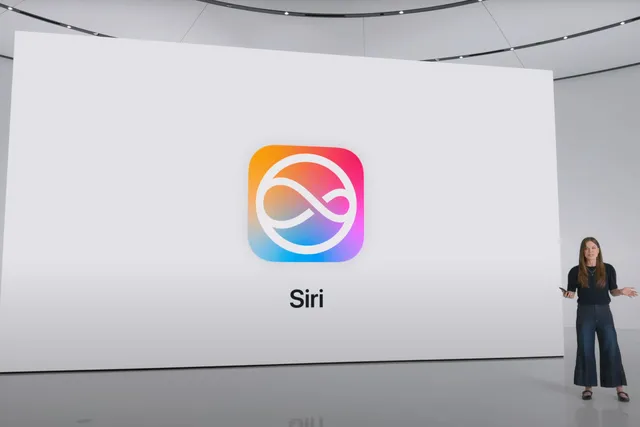

Apple has published an article reiterating its commitment when it comes to Siri and privacy. In the article, the Cupertino company emphasizes how Siri data has never been used to build marketing profiles nor has any of the data been sold or made available for advertisers or other interested types.
The newsroom post comes on the heels of a $95 million settlement of a class action lawsuit related to Siri. The iPhone maker was accused of recording conversation snippets after an accidental Siri activation, and then sharing the information from the captured conversations to advertisers.
The lawsuit dates back to 2019, when two plaintiffs claimed that after speaking about certain products, their devices showed ads for those products. An additional plaintiff claimed he received ads for specific surgical treatment after discussing the treatment with his doctor in a private conversation.
A report at the time revealed that contractors had access to private conversations when Siri was accidentally activated. The contractors had been hired by Apple to evaluate Siri recordings to make improvements to the service. Employees reported having heard private data, including confidential medical information, drug deals, intimate moments, and more.
While Apple was open about the fact that some Siri recordings were analyzed by humans, but the company’s privacy terms at the time did not explicitly state that there was human oversight of Siri. The plaintiffs that filed the lawsuit said that Apple did not inform consumers that they are “regularly being recorded without consent,” and that they would not have purchased Apple devices had they known about the recordings.
In the article, Apple details how its Siri privacy protections keep user data safe. It also notes that Apple uses on-device Siri processing wherever possible, and how it minimizes the amount of data that’s collected as much as possible.
To protect user privacy, Siri is designed to do as much processing as possible right on a user’s device, allowing for personalized experiences without having to transfer and analyze personal information on Apple servers. When a user talks or types to Siri, their request is processed on device whenever possible. For example, when a user asks Siri to read unread messages, or when Siri provides suggestions through widgets and Siri search, the processing is done on the user’s device. The contents of the messages aren’t transmitted to Apple servers, because that isn’t necessary to fulfill the request. And for capable devices, the audio of user requests is processed entirely on device using the Neural Engine, unless a user chooses to share it with Apple.
Siri searches and requests use a random identifier to keep track of data as it’s processed, and are not associated with an Apple Account and cannot be linked to an individual user.
Apple also reminds users that it does not retain audio recordings of Siri interactions unless users explicitly opt in to help improve Siri, and even then, the recordings are used solely for that purpose.